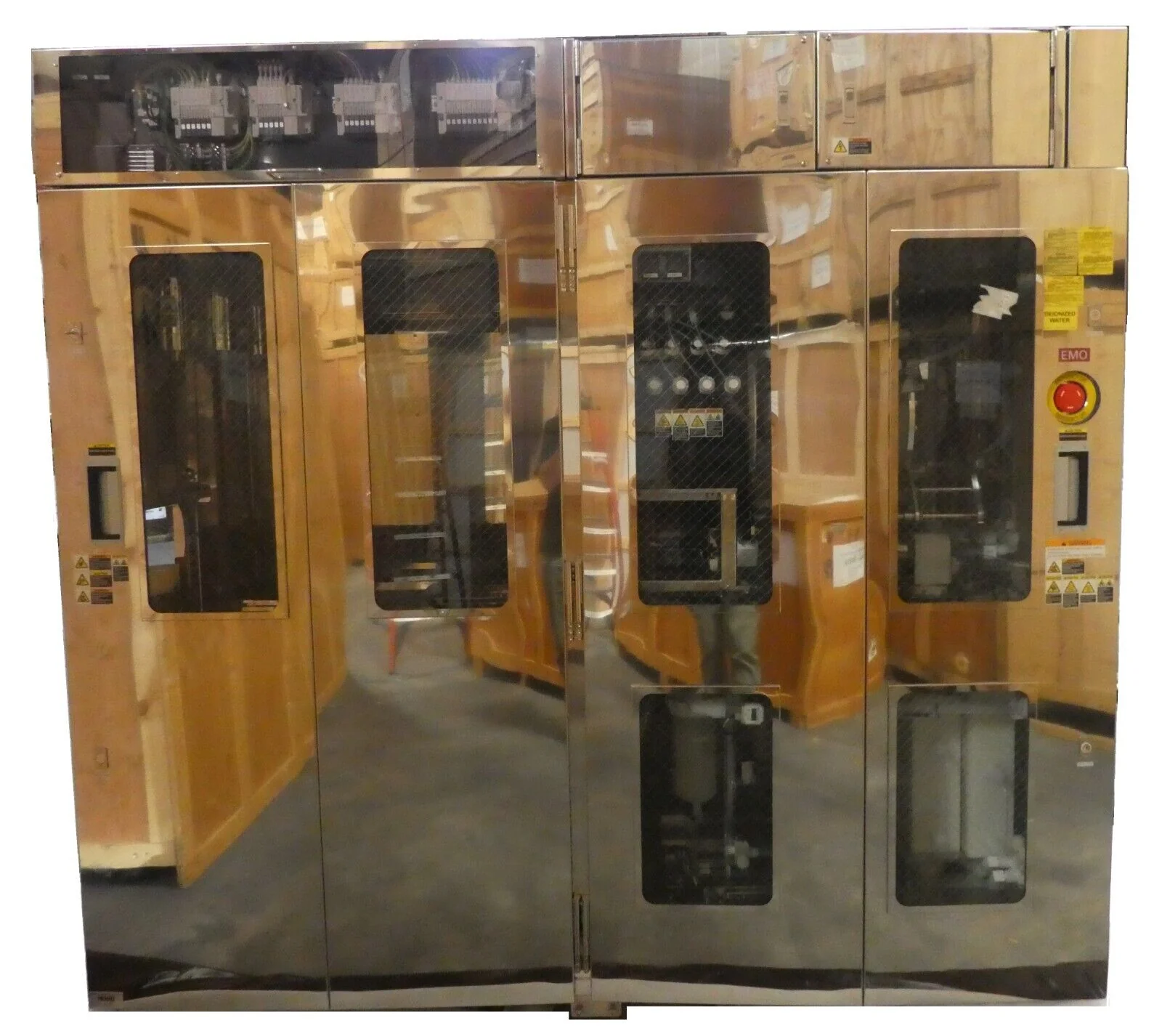You’ve seen them in the store – soft drinks, water, juice or milk in smaller individual packages grouped together in multipacks. This arrangement offers several advantages to the consumer and retailer:
- Volume pricing, with reduced individual cost
- Ease of carrying and convenience
- Tamper-indicating seals kept intact
Multipack containers have been available on the market for years, but new technology is offering additional benefits. Traditionally, clear plastic ring packs have been the go-to solution and are still ubiquitous in beverage sales. These rings, most often seen in canned beverages, are light and low cost. They are usually made from low-density polyethylene (LDPE), and require specific recycling efforts. They also have a reputation for posing a danger to marine life when disposed of whole. These disadvantages have prompted secondary packaging companies to seek sustainable multipack alternatives that are still attractive to consumers.
Higher Density Plastics
High-density polyethylene (HDPE) multipack handles are more easily recycled, being accepted by most curbside neighborhood programs, and are much stronger than LDPE multipacks. The strength of these newer multipacks translates to scaling up of volume – a multi use, larger volume twin pack can easily join two containers.
Four or six pack multipacks also offer easy removal of the handles and common consumer-expected quantities. Injection molding these multipack handles is becoming a faster process as well – with applicator machines affixing HDPE multipacks now doubled in speed. Handles can also be custom molded to the size and quantity of containers to meet the specific needs of the product.
Recycled Materials
Post-consumer recycled (PCR) HDPE material has also become feasible for multipack packaging, lessening the environmental impact of typical HDPE. Leading multipack application companies previously experimented with compostable and biological materials, but none met the specifications for injection molding and consumer needs.
PCR material is made from recycled products such as milk, water, or juice containers they later hold. The PCR production process uses 90% less energy, and 100% less petroleum. PCR HDPE’s success as a multipack material means a more eco-friendly solution for consumers enjoying the other benefits of beverage multipacks.
Modern-day multipacks are truly a convenient solution for today’s consumer.


